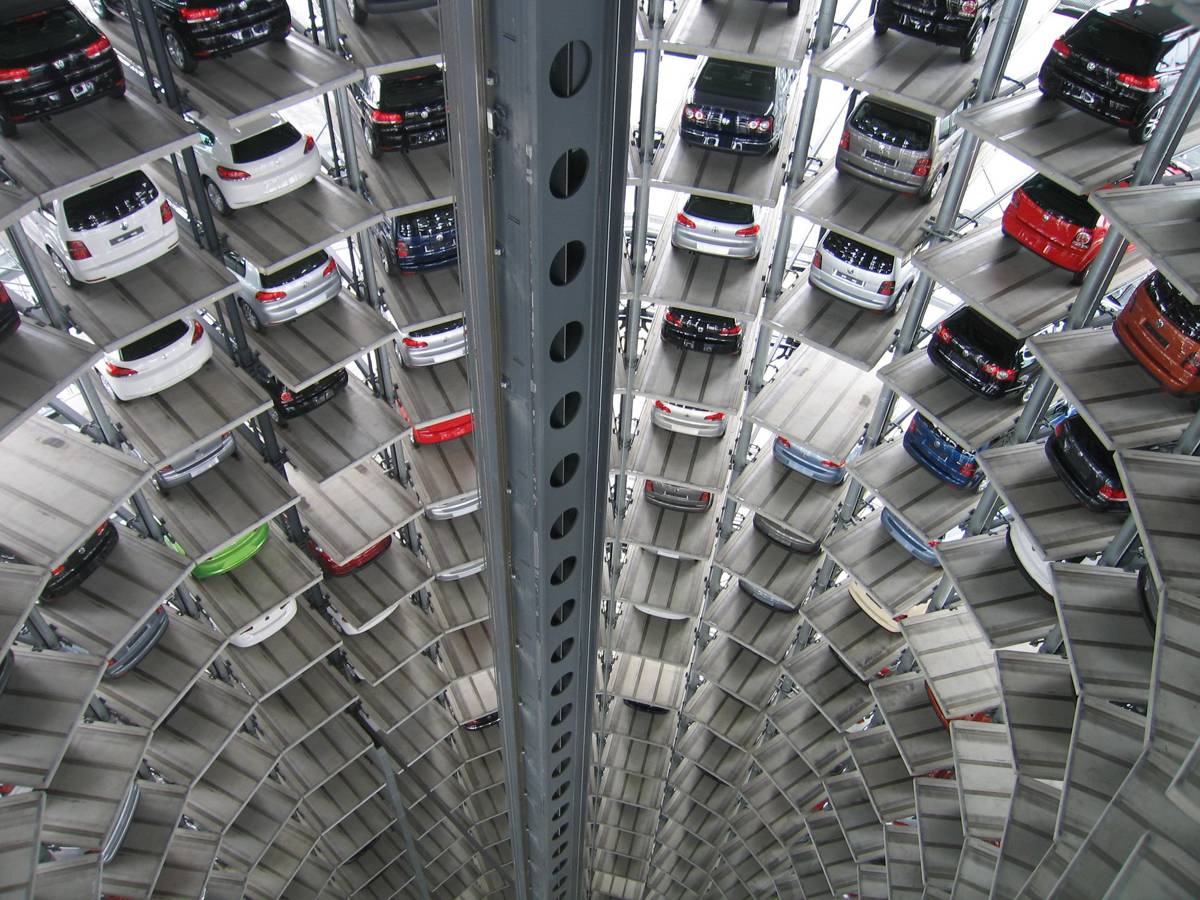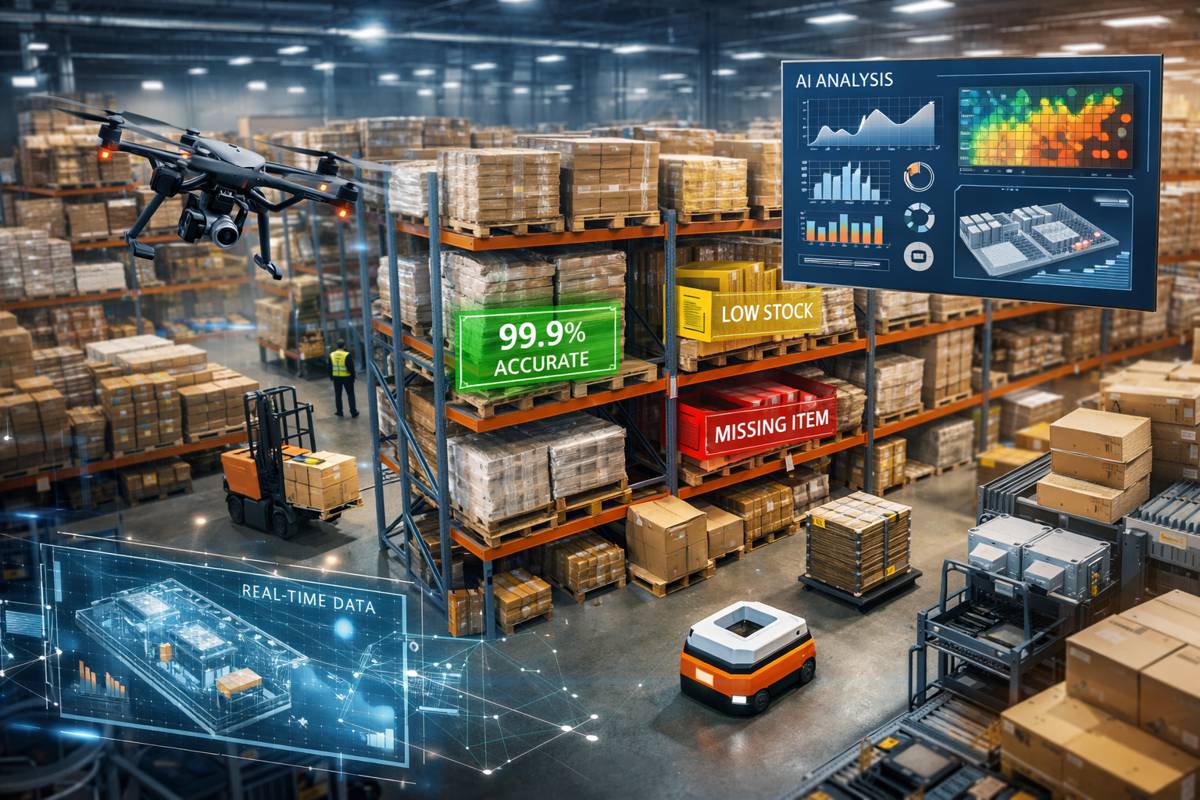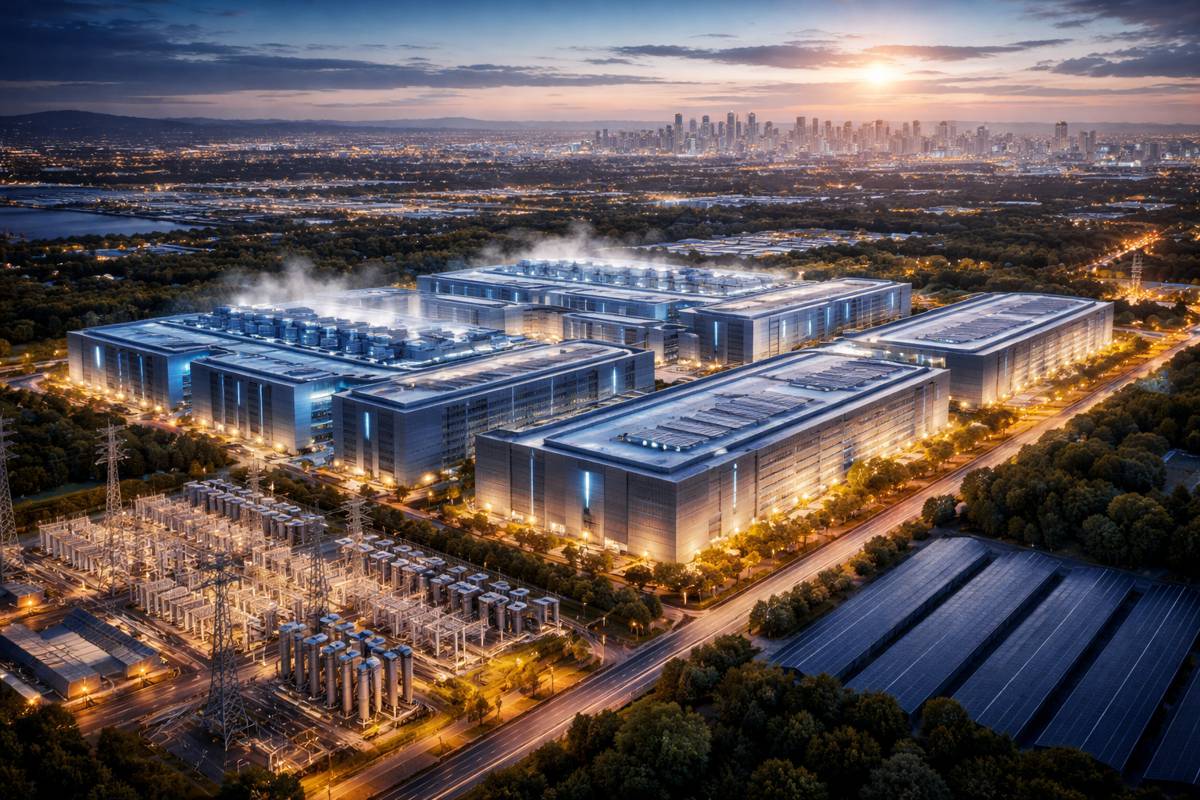How Technology is changing the Car Industry and the Future of Vehicles
Car manufacturers are always looking for ways to improve their vehicles. In the past, this meant making cars more comfortable or efficient.
But now, with advances in technology, carmakers are able to completely change the way we think about and use vehicles. Here’s a look at how technology is changing the car industry and what the future of vehicles may hold.
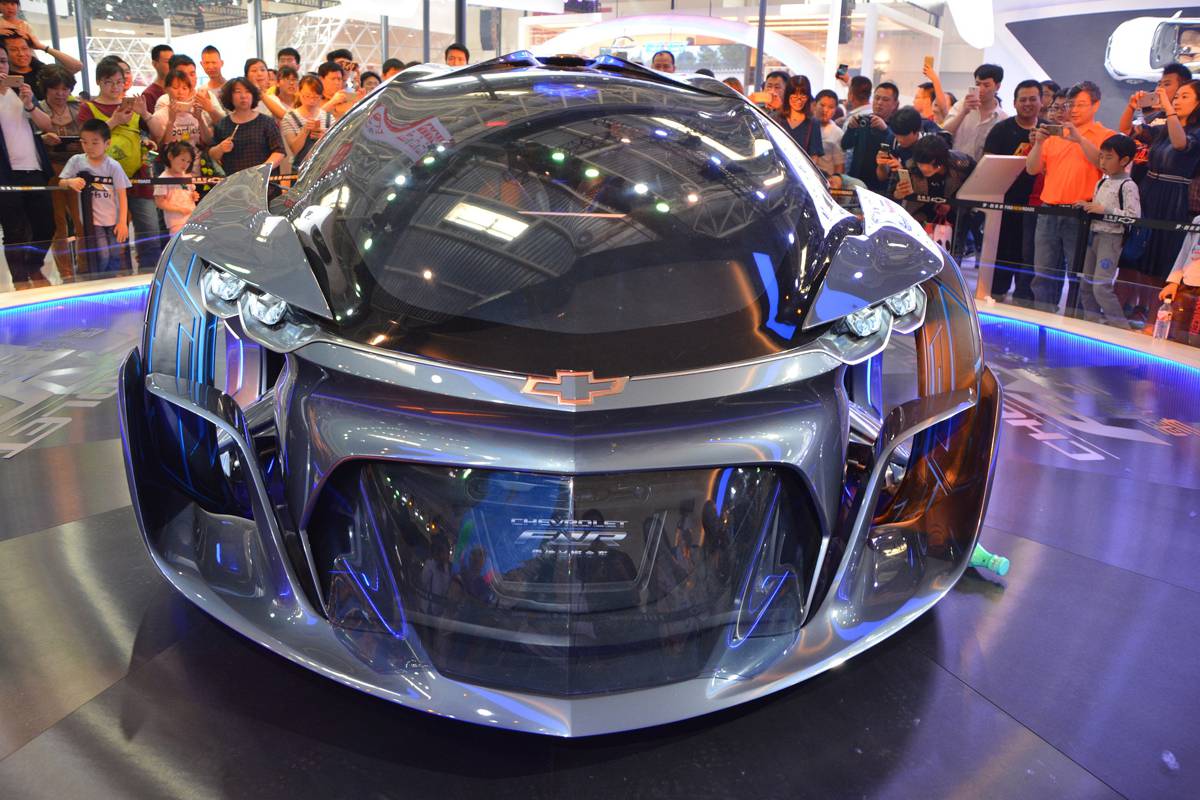
Popular technologies in the automotive industry
In recent years, the automotive industry has seen the introduction of a number of new technologies. Self-driving cars, for example, are becoming increasingly common, as are safety features like lane keeping assistance and blind spot detection.
At the same time, extended warranties for vehicles are becoming more popular, as they provide peace of mind for drivers who want to avoid unexpected repair costs. If you’re looking to purchase an extended warranty, make sure to check out CarShield reviews!
As these and other technologies become more prevalent, they are sure to have a major impact on the automotive industry.

The history of the car industry and how technology has changed it
The car industry has come a long way since its early days. In the past, cars were hand-built and very expensive, making them a luxury item that only the wealthy could afford.
Today, cars are mass-produced and much more affordable, thanks to advances in technology. The history of the car industry is one of constant innovation, as manufacturers strive to make better and more affordable vehicles.
One of the most important innovations in the car industry was the assembly line. This manufacturing process made it possible to mass-produce cars quickly and efficiently. It also helped to bring down the cost of production, making cars more affordable for the average consumer.
Technology has also played a role in making cars more efficient and environmentally friendly. The development of hybrid and electric vehicles has helped to reduce emissions and improve fuel economy.
Car manufacturers are also using new materials and methods to make cars lighter and more aerodynamic, which helps to improve fuel efficiency even further. As technology continues to evolve, we can expect the car industry to continue to change and innovate.
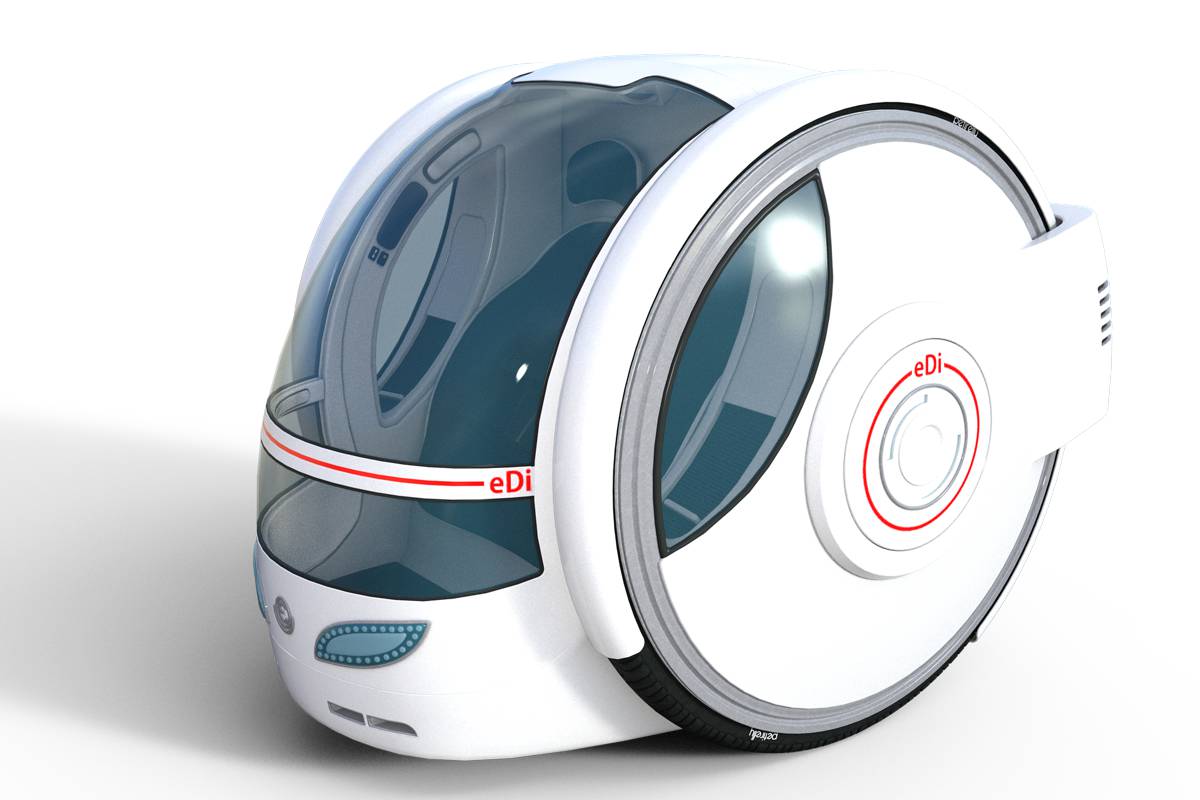
How self-driving cars will change the way we travel
Self-driving cars are no longer a thing of the future. In 2019, multiple companies released self-driving cars to the general public and the technology is only getting better. However, many people are still unsure about how self-driving cars work and what implications they will have on the way we travel. Self-driving cars use a variety of sensors to navigate their surroundings and can safely transport passengers without human intervention.
One of the biggest advantages of self-driving cars is increased safety. With over 90% of accidents being caused by human error, self-driving cars have the potential to drastically reduce the number of accidents each year.
Self-driving cars can also help to ease congestion on our roads and make transportation more efficient. As more people begin to use self-driving cars, it is likely that they will revolutionize the way we travel.
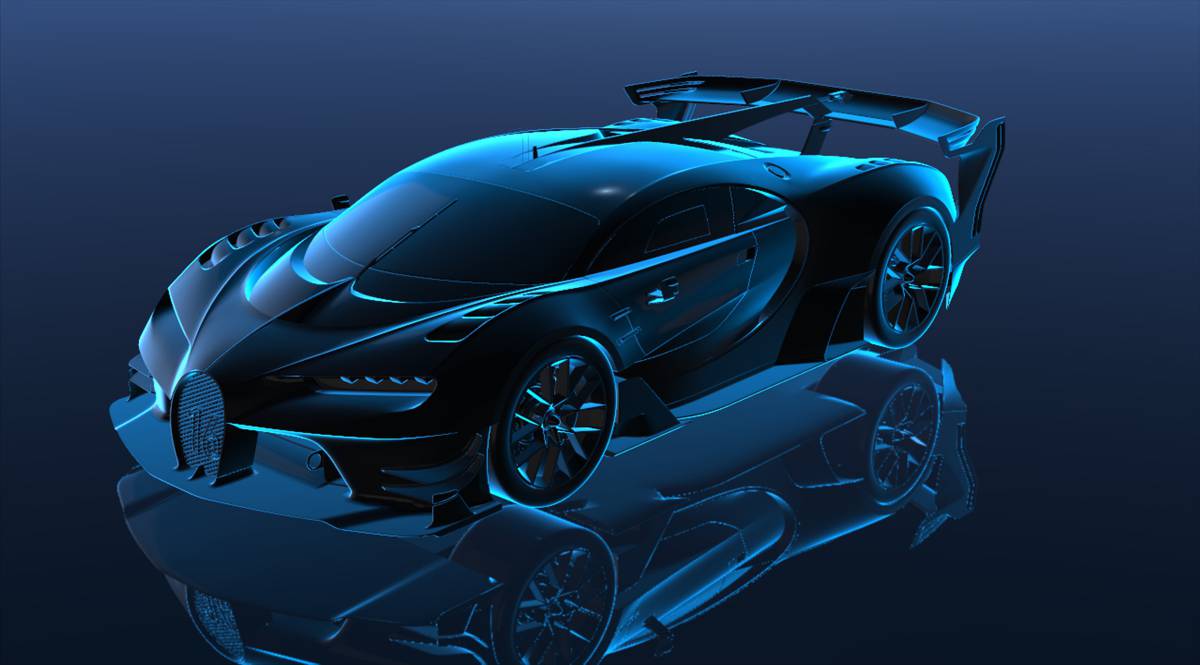
The future of electric and hybrid cars
Electric and hybrid cars are becoming increasingly popular, as drivers look for ways to save money on fuel and reduce their environmental impact. While the initial cost of these vehicles can be higher than traditional cars, they often make up for it in the long run with lower maintenance costs and fuel savings. Electric cars are also becoming more convenient, as charging stations become more widely available.
In addition, many governments are offering tax incentives and other subsidies to encourage drivers to switch to electric cars. As a result, it is likely that electric and hybrid cars will play an increasingly important role in the automotive market in the years to come.
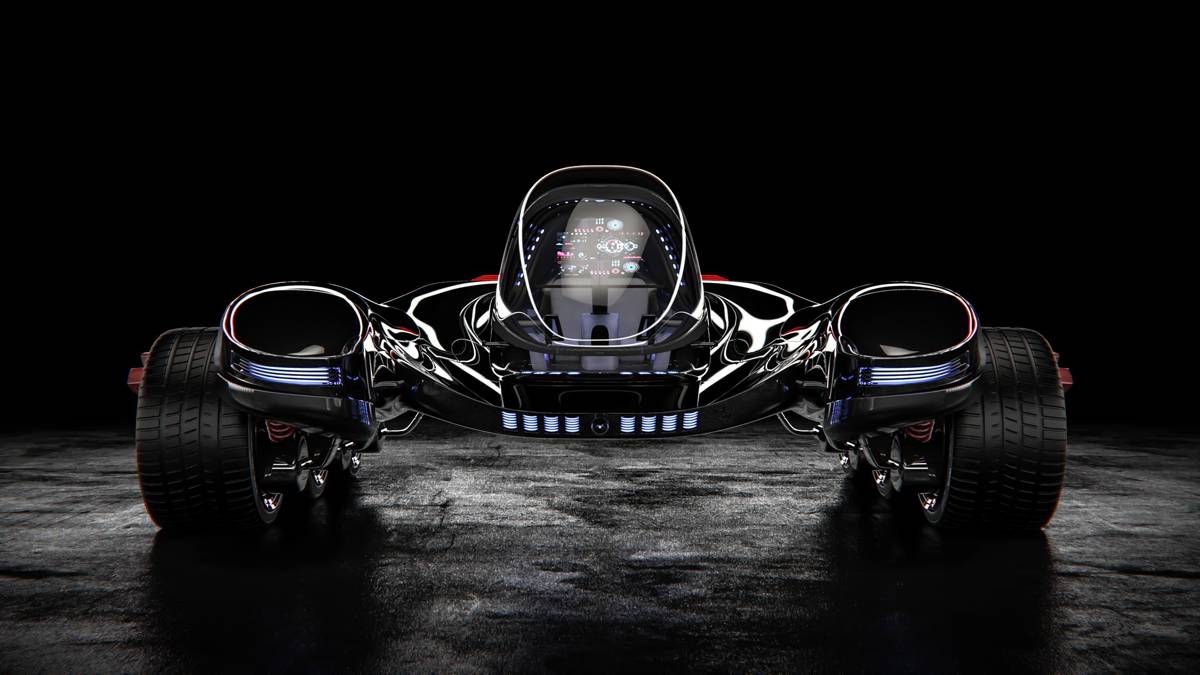
Changes in the way we buy and sell cars
In the past, buying and selling cars was a time-consuming and complicated process. If you were interested in buying a new car, you would have to visit multiple dealerships, test drive different models, and haggle over the price.
The process was similarly complicated if you were looking to sell your old car. You would have to place ads in newspapers or online, show the car to prospective buyers, and negotiate a fair price. However, new technologies have made the process of buying and selling cars much easier.
Websites like Carvana and Vroom allow you to buy or sell cars entirely online, without ever having to leave your home. In addition, new car-sharing programs like Zipcar have made it easier than ever to get around without owning a car. As a result, the way we buy and sell cars has changed dramatically in recent years.
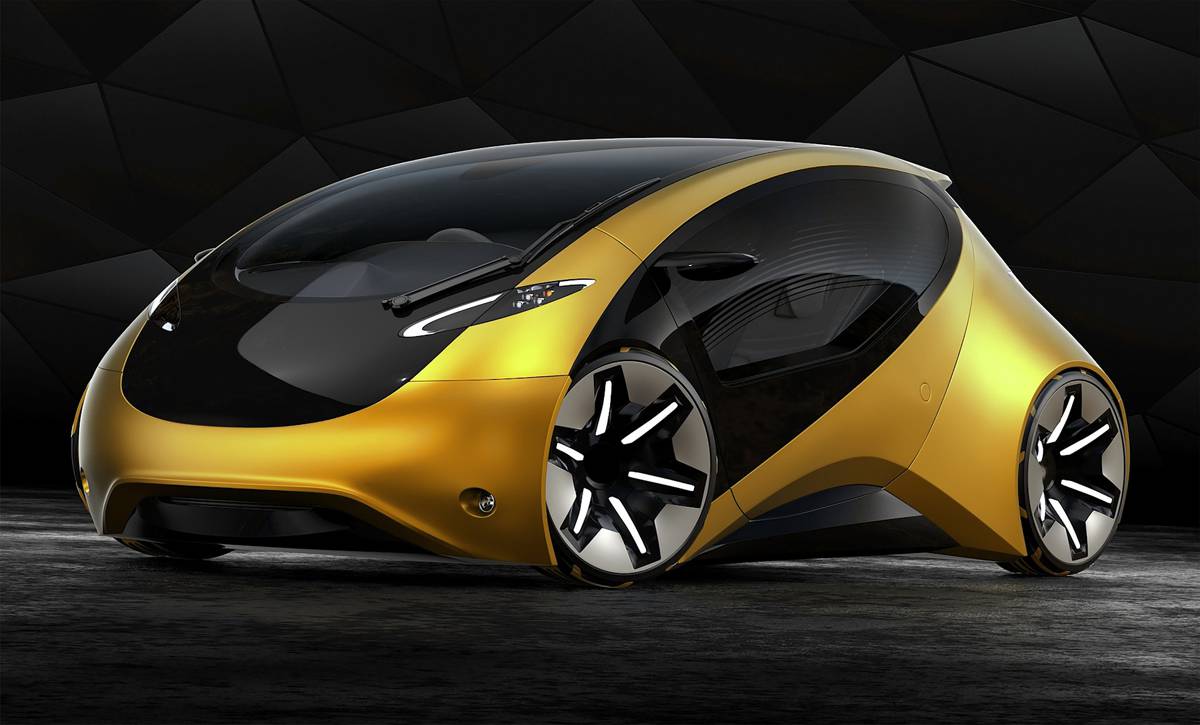
How technology is changing the way we maintain our vehicles
In the past, maintaining your vehicle was a relatively simple process. You would take it to a local garage for an oil change and tune-up every few months, and that would be enough to keep it running smoothly.
However, modern vehicles are becoming increasingly complex, and it is now necessary to use technology to maintain them. For example, many newer vehicles come with built-in sensors that alert you when something is wrong.
There are now a variety of apps and websites that can help you keep track of your vehicle’s maintenance needs. As technology continues to evolve, it is likely that the way we maintain our vehicles will change as well.
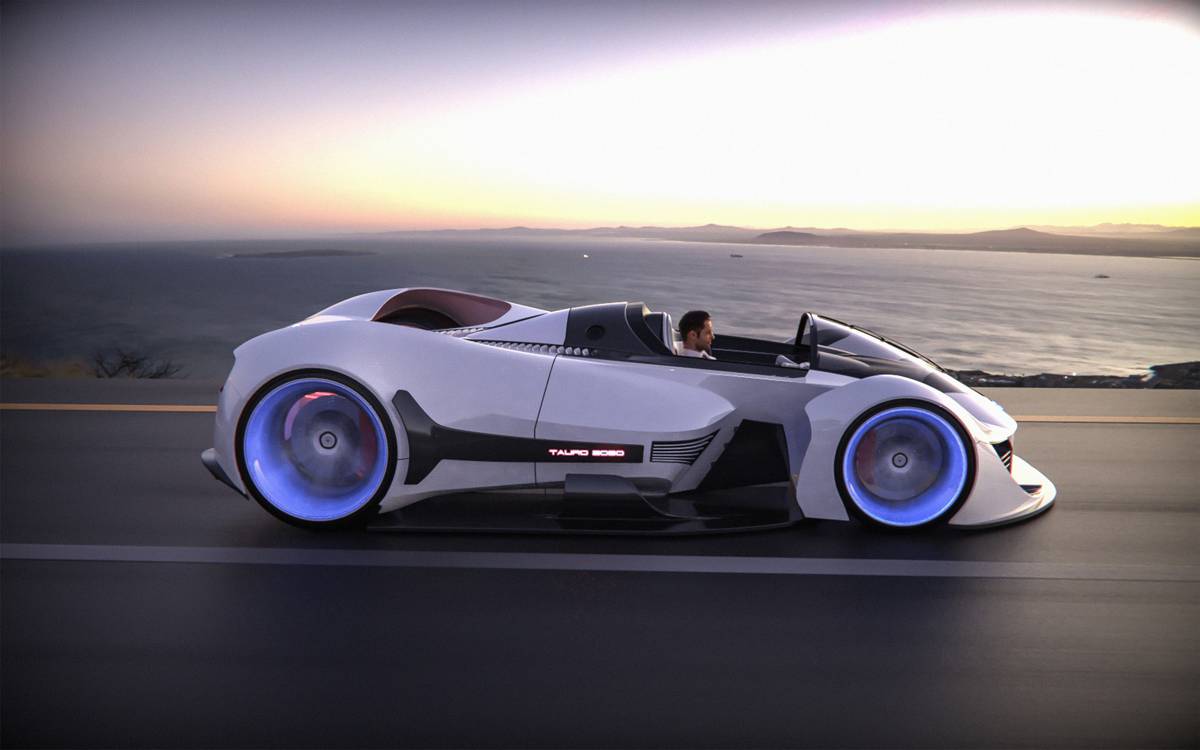
The impact of technology on the environment
Technology has always had an impact on the environment, but the way we use it has changed over time. In the past, technologies like cars and factories have been responsible for pollution and other environmental damage.
However, new technologies are being developed that are designed to be more sustainable. For example, electric cars have much lower emissions than traditional petrol or diesel cars.
In addition, solar panels and wind turbines can provide clean energy without damaging the environment. As more and more people become aware of the need to protect the environment, it is likely that sustainable technologies will become increasingly popular.
Technology is rapidly changing the automotive landscape. We are seeing new players entering the market, new business models being tested, and established companies having to pivot to stay relevant. The future of vehicles is uncertain but exciting.
Electric and autonomous vehicles are two technologies that have the potential to revolutionize transportation as we know it. Car sharing services are another area where we are seeing tremendous growth. It will be interesting to see how these trends play out in the coming years.








